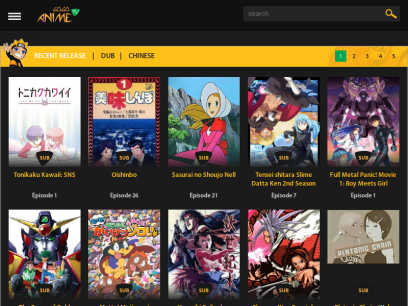

Part of this is because, on some level, the series was explicitly about fandom, made by fans desperate to express themselves. With the release of Evangelion on Netflix, a long-awaited, legal avenue of distribution for the series, discussion of the anime’s impact (or Third Impact) has risen again.īefore the turn of the millennium, and into the 21st century, Evangelion provoked an extraordinary response that anime viewers are still dealing with the aftershocks and implications of today. I’m one of the latter, considering it one of the great works of pop culture.

Evangelion, depending on who you ask, can be seen as an enraging cultural prerequisite or an enriching, life-changing viewing experience. Others embrace its mysteries on a deeply personal level. But nearly 20 years later, no one can state definitively how Evangelion ended the series is, to its core, simultaneously commercial and inaccessible.įor all its admirers, some believe that by the end, the show jumped headlong with jet thrusters over a churning sea full of kaiju sharks. The anime was a genuine phenomenon despite itself, its images having escaped to bullet trains, statues in theme parks, coffee cans, ubiquitous cosplay, the high-end art world, and of course, Hollywood, where plans were drawn for a live-action remake. Abrams’ mystery boxes, Evangelion embraced the ambiguous and the avant-garde: a saga about adolescent pilots defending against an apocalyptic assault by entities known as “Angels,” which force them to confront their own psyches.

The series has remained a polarizing enigma that provokes some of the most intense reactions and debate in all of pop culture. 4, 1995, as a half-hour anime series broadcast on Japanese TV. Neon Genesis Evangelion came to life on Oct.


 0 kommentar(er)
0 kommentar(er)
